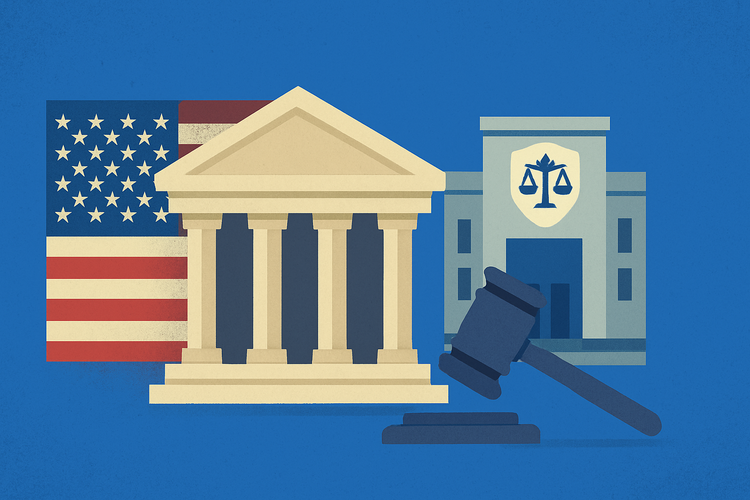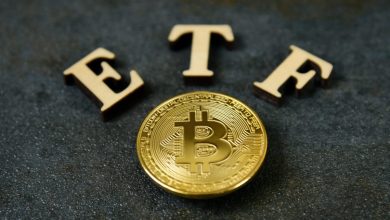Crypto and Fintech Groups Challenge Bank Opposition to CFPB’s Open Banking Rule


A coalition of crypto, fintech and retail industry groups is pressing the U.S. federal government to defend the open banking rule from the (CFPB), warning that major banks’ efforts to impose data-access fees and narrow data-sharing rights could stifle innovation in digital assets, wallets and stablecoins.
The groups collectively argue that the proposed rule under Section 1033 of the is crucial for consumers’ ability to control and share their financial data with third-party services. These include crypto platforms, stablecoin providers and fintech apps. The letter to the CFPB highlights fears that banks’ pushback threatens to sever the link between the traditional financial system and the emerging crypto ecosystem.
The Open Banking Rule and Its Ongoing Attack
The rule currently under review by the CFPB would allow consumers to authorize third-party services to access their bank transaction data through secure APIs. This framework is viewn as essential for enabling seamless integration between traditional bank accounts, , and fintech applications.
However, the banking industry has raised objections. Some banks argue that opening up consumer data comes with significant costs and risks, and have begun exploring fees for data aggregators and third-party fintech services. The coalition warns that if banks succeed in imposing these fees or narrowing who qualifies as a “consumer representative,” the open banking rule’s benefits could be undermined.
For crypto firms, open banking rules are about more than data access. They’re about interoperability between bank accounts and digital asset platforms. The coalition warns that banks charging for data access could cut off stablecoins and wallets from the U.S. financial system. Fintech companies similarly argue that without uninhibited data sharing, they lose the ability to innovate and compete, potentially leaving U.S. consumers behind other jurisdictions where open banking is already implemented (such as the U.K., Brazil and Singapore).
The issue has also become political. Advocacy groups say that banks’ efforts to limit data sharing undermine the broader agenda of U.S. financial innovation, especially as the government promotes digital asset infrastructure and payment innovation.
Impact on Crypto and the Broader Financial Ecosystem
A robust open banking rule could create smoother on-ramps for retail and institutional users between traditional finance and . That means easier integration of bank deposits into wallets, stablecoin purchases, and on-chain services to enhance the utility and reach of digital assets.
Conversely, if banks succeed in imposing access fees, the cost of data sharing may raise barriers for fintechs and crypto firms, sluggishing innovation and potentially driving U.S. firms to relocate or scale offshore.
Overall, the clash over the CFPB’s open banking rule has turned into a broader battleground between legacy banks, fintechs and crypto platforms. How the rule comes out will shape the future of data sharing, innovation and digital-asset integration in the U.S. financial system.







